The world’s leading martial arts organization, ONE Championship, has unveiled a new alliance with Animoca Brands, a company dedicated to advancing digital property rights in gaming and the open metaverse, and Notre Game, a subsidiary of Animoca Brands.
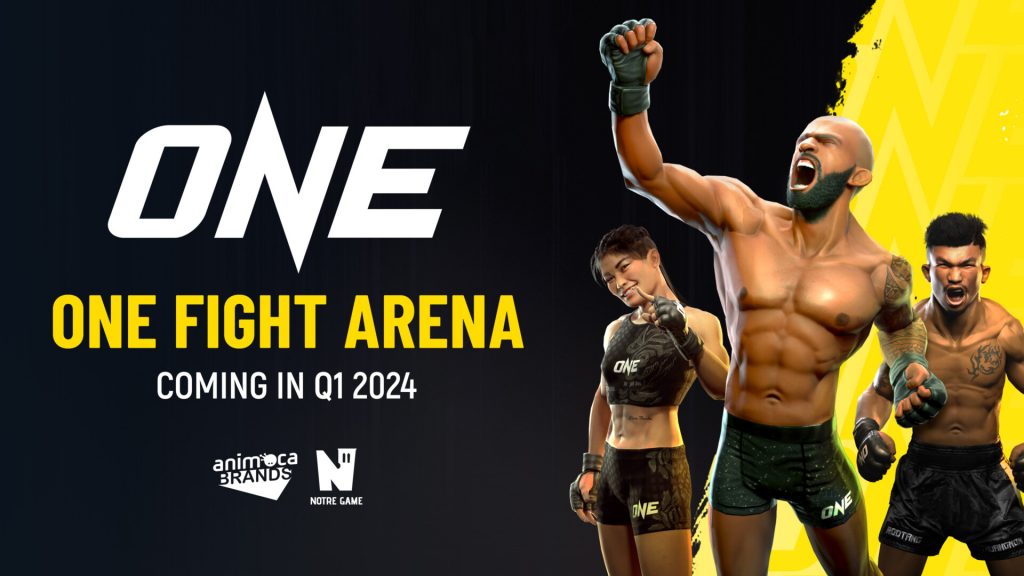
The upcoming game will showcase ONE’s remarkable lineup of top-tier martial artists and its extensive intellectual property portfolio. Players can register to sign up early here.
The partnership aims to develop ONE Fight Arena, a mobile game powered by NFT technology, incorporating ONE’s impressive roster of elite martial artists and its intellectual property collection.
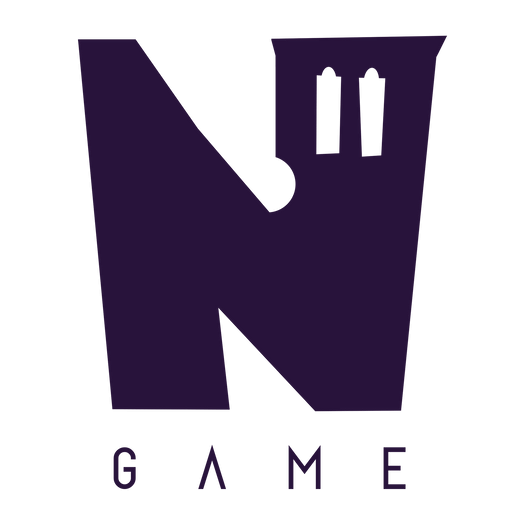
Notre Game is in charge of creating ONE Fight Arena, which is scheduled for player testing in Q4 2023 and a global launch in Q1 2024. The free-to-play mobile game will be available for download on Google Play and Apple’s App Store. Notre Game was purchased by Animoca brands back in June of 2022.
ONE Fight Arena will emphasize strategic gameplay over traditional in-Circle action. Players can select from an extensive list of ONE athletes, including MMA legend and ONE Flyweight World Champion Demetrious “Mighty Mouse” Johnson, ONE Flyweight Muay Thai World Champion Rodtang “The Iron Man” Jitmuangnon, among others. Gamers can experience the unique world of martial arts and develop athletes from the beginning of their careers through an immersive first-person perspective.
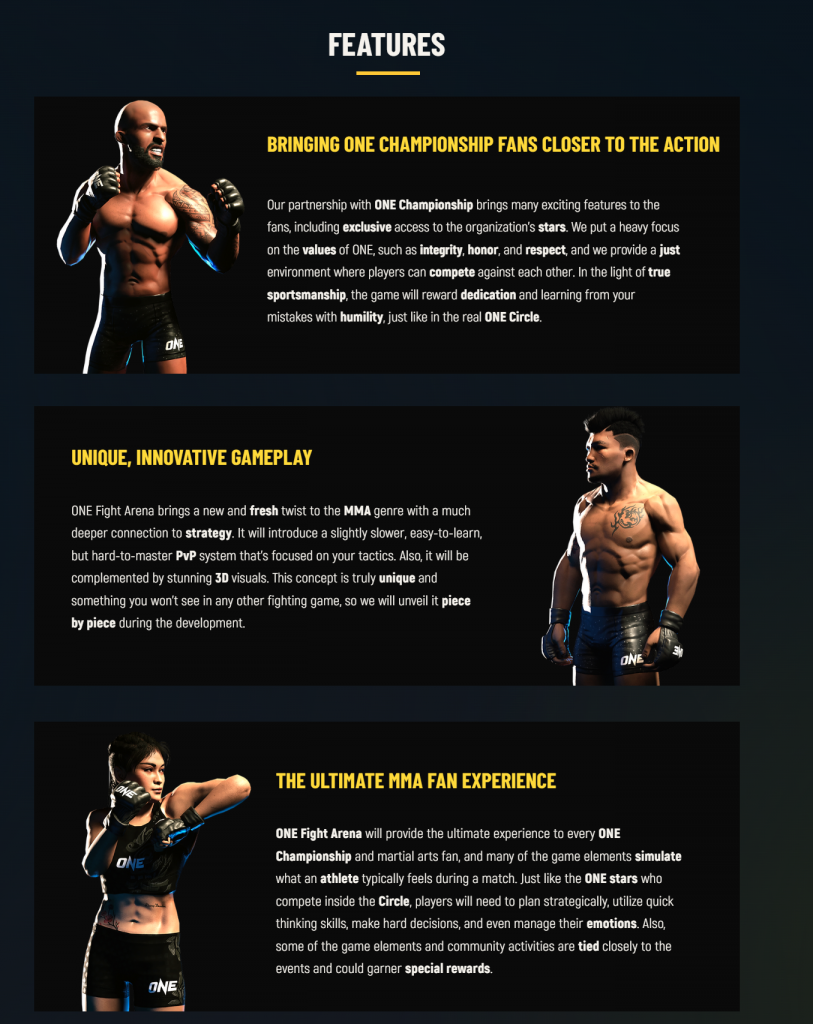
Hua Fung Teh, Co-Founder and Group President of ONE, stated, “We’re excited to collaborate with an industry trailblazer like Animoca Brands to introduce ONE Fight Arena, our inaugural Web3-enhanced video game. This partnership will enable us to engage more deeply with our global fan base through a one-of-a-kind gaming experience.”
Yat Siu, Co-Founder and Executive Chairman of Animoca Brands, remarked, “By partnering with ONE to develop ONE Fight Arena, fans of the world’s foremost martial arts organization will gain access to an innovative gaming experience featuring genuine digital ownership at its core. We’re eager to help ONE forge stronger connections with its fans in engaging and meaningful ways.”
Jiri Mikolas, CEO of Notre Game, commented, “We’re delighted to participate in this collaboration. Notre Game’s values, such as creating groundbreaking, high-quality projects, align seamlessly with the partnership’s vision. We’re excited to work with ONE and Animoca Brands to bring this project to fruition, captivate players worldwide, and redefine the limits of mobile gaming.”
ONE Fight Arena will offer Web3 integration for players, utilizing blockchain technology and NFTs to provide true digital ownership of certain in-game assets, such as ONE athletes as they appear in the game.
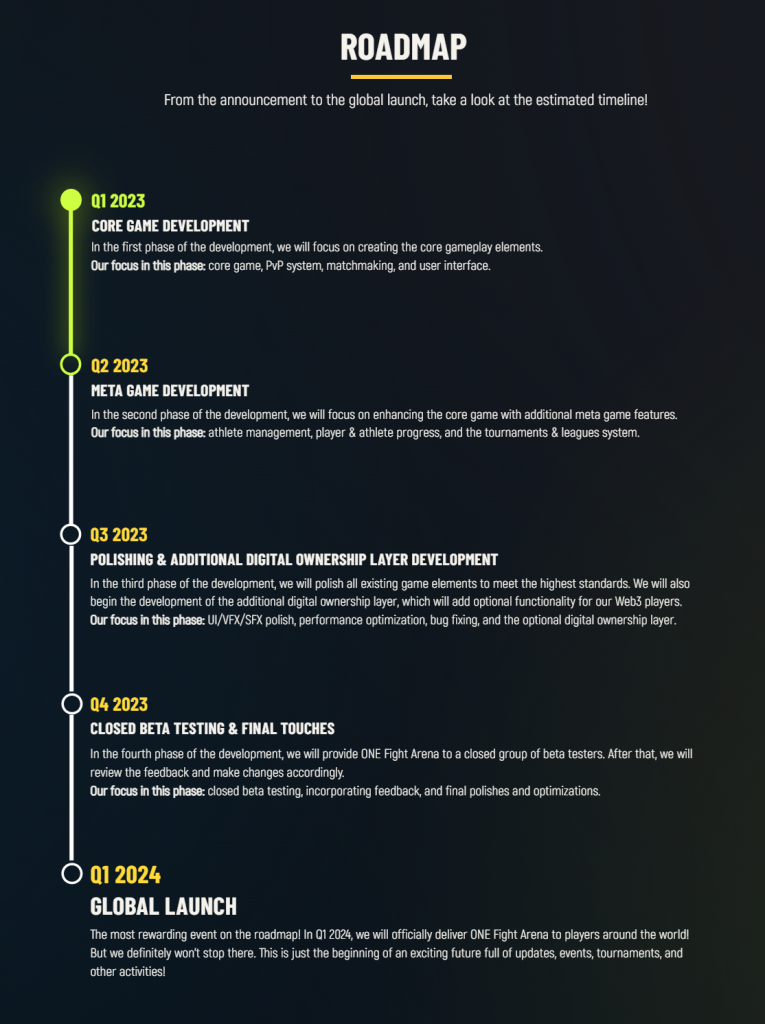
Players who opt not to engage in the Web3 layer can still enjoy ONE Fight Arena as a standard free-to-play mobile game, albeit without complete ownership of their ONE digital assets.
A word of warning on licensed games
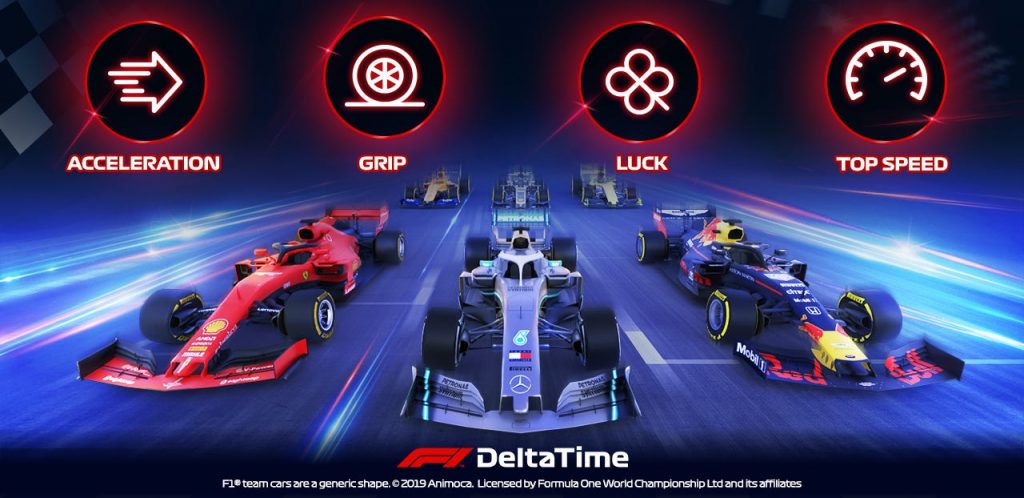
Formula One is one of the most popular motorsports in the world, with millions of fans tuning in to watch races and follow their favorite drivers. In recent years, technology has played an increasingly important role in the sport, with numerous apps and online platforms providing real-time data and analysis to fans around the world. However, one of the most popular apps for Formula One, F1 Delta, abruptly shut down in 2019, leaving many fans wondering what happened.
According to reports, F1 Delta’s shutdown was due to the expiration of its licensing agreement with Formula One Management (FOM). The creators of F1 Delta may have attempted to negotiate a renewal of the license agreement, but were ultimately unsuccessful. This highlights the importance of licensing agreements in the world of technology and intellectual property.
As reported in Business insider, Corey Wilton, a Founder of Pegaxy, expressed concerns about the game developed by Animoca due to the lack of available information. In an effort to help newcomers, he created video tutorials for the game. However, Wilton noticed several “red flags,” including promises made by Animoca to use a more efficient blockchain that never materialized.
Furthermore, players who wanted to sell their digital assets found that there was little demand for them on marketplaces such as OpenSea. Wilton himself still holds all of his NFTs and has never received a single offer for them, indicating the lack of a market for the game’s digital assets. The experience of Pegaxy’s Wilton highlights the risks and uncertainties that can arise for licensed products in a digital space.
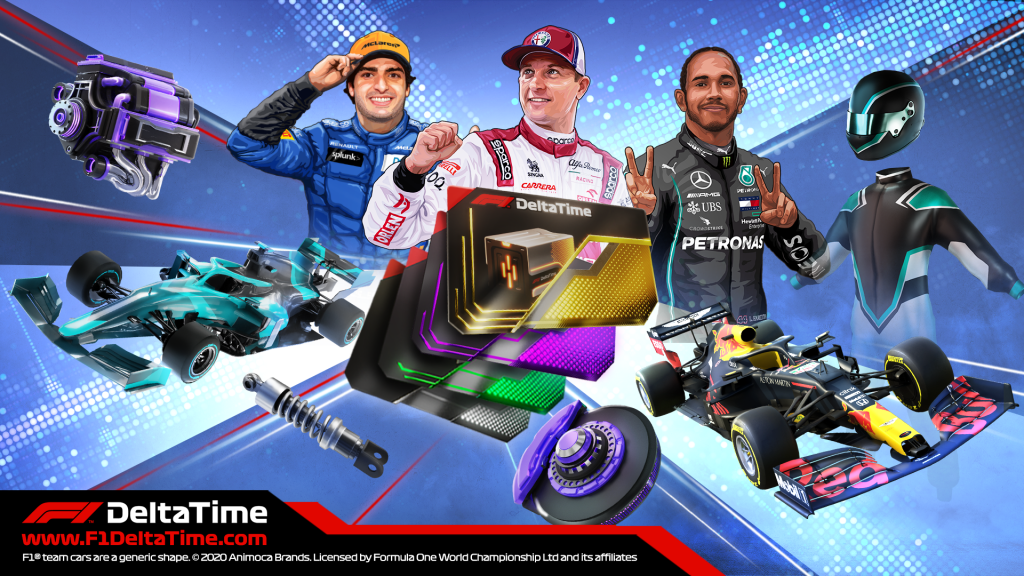
Also from the same Buiness insider article, This sentiment was echoed by Carlini8.pcc.eth, who noted that involvement in blockchain games has changed their perspective on licensed games. The recent acquisition of Punks by Yuga has also raised concerns about the ownership of intellectual property, as it can be bought or refused. These observations underscore the challenges and uncertainties that exist in the blockchain gaming industry, which is still in its early stages of development.
Licensing agreements are a common way for companies to protect their intellectual property while still allowing others to use it. These agreements allow one party (the licensor) to grant permission to another party (the licensee) to use their intellectual property in exchange for some form of compensation, such as a royalty payment. The terms of these agreements can vary widely depending on the specific situation, but they typically include details such as the scope of the license, the duration of the agreement, and any restrictions or limitations on the use of the intellectual property.
In the case of F1 Delta, it seems that the app’s creators and owners Animoca had a licensing agreement with FOM that allowed them to use the organization’s intellectual property, including race data, news, and analysis. However, the terms of the agreement were time-limited, and when the agreement expired, the creators of F1 Delta were unable to negotiate a renewal. Without access to FOM’s intellectual property, the game was unable to function as intended, and the creators were forced to shut it down.
The situation with F1 Delta underscores the importance of licensing agreements in the world of technology and intellectual property. While these agreements can be a powerful tool for businesses to protect their intellectual property and earn revenue, they can also create challenges when they expire or need to be renegotiated. In some cases, licensing agreements can be extended or modified to meet the needs of all parties involved, but in other cases, disputes may arise that cannot be resolved. When this happens, it can result in the loss of popular products and services, leaving fans and users disappointed.
My question to Animoca, how long do you have the One Fighting (ONE) license for?